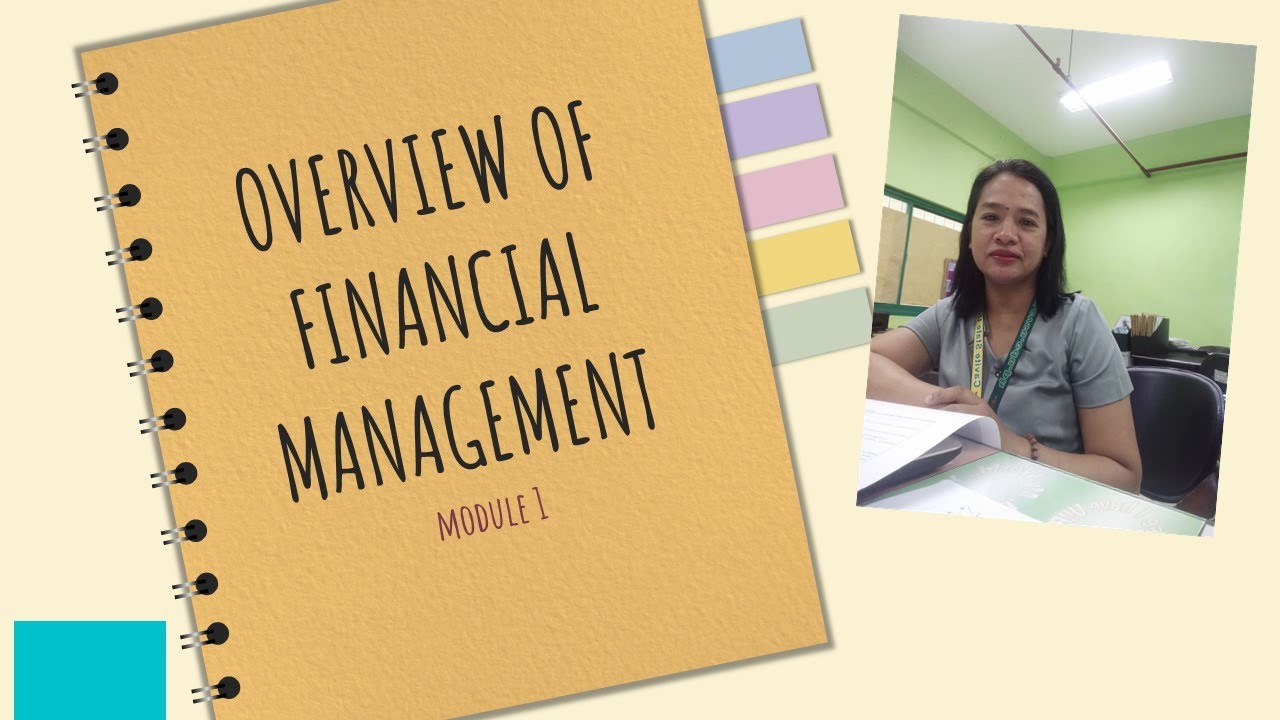PASAR BEBAS - Materi IPS SMP Kelas 9
Summary
TLDRThis video provides a comprehensive introduction to the concept of free markets and the various international organizations managing them. It explains how free trade policies promote the exchange of goods and services without trade barriers, taxes, or restrictions. The script covers key global organizations such as ASEAN, AFTA, APEC, the European Union, and the WTO, detailing their goals and the economic integration they foster. By emphasizing their roles in boosting trade, investment, and economic cooperation, the video aims to educate viewers about the importance of free markets in today's globalized economy.
Takeaways
- 😀 A free market is a system where buyers and sellers meet for trade without restrictions, based on supply and demand.
- 😀 A free market does not require physical meetings between buyers and sellers, and can occur digitally or across borders.
- 😀 Free trade is the policy where governments do not impose tariffs or barriers on imports and exports.
- 😀 Free trade prioritizes: no taxes on goods or services, no barriers to trade, and unrestricted market access.
- 😀 Five major global organizations manage free trade, including MEA, AFTA, APEC, EU, and WTO.
- 😀 Masyarakat Ekonomi ASEAN (MEA) aims for economic equality, higher competition, a single market, and global economic integration in Southeast Asia.
- 😀 ASEAN Free Trade Area (AFTA) focuses on making ASEAN a competitive production hub, attracting foreign investments, and increasing internal trade.
- 😀 Asia-Pacific Economic Cooperation (APEC) is a forum of 21 countries aiming to improve economic growth, trade, and resolve disputes in the Pacific region.
- 😀 The European Union (EU) was formed to enhance economic cooperation, improve living standards, and eliminate trade barriers within Europe.
- 😀 The World Trade Organization (WTO) aims to ensure free global trade, resolve international trade disputes, and maintain non-discriminatory trade practices.
Q & A
What is a market in economic terms?
-In economic terms, a market is a platform where supply and demand meet, allowing buyers and sellers to engage in trade without necessarily having to meet in person.
What does the term 'free market' mean?
-A free market, or free trade, refers to a policy where the government does not impose restrictions, taxes, or barriers on imports and exports, allowing goods and services to be traded freely between countries.
What are the main principles of free trade?
-The main principles of free trade include: 1) trade of goods without taxes or tariffs, 2) trade of services without restrictions, and 3) unrestricted access to markets and information.
What are the five major organizations that manage free markets globally?
-The five major organizations managing free markets globally are: 1) ASEAN Economic Community (AEC), 2) ASEAN Free Trade Area (AFTA), 3) Asia-Pacific Economic Cooperation (APEC), 4) European Economic Community (EU), and 5) World Trade Organization (WTO).
What is the ASEAN Economic Community (AEC) and its goals?
-The ASEAN Economic Community (AEC) is an integration of Southeast Asian countries aimed at creating a single market and production base. Its goals include promoting balanced economic growth, increasing competition, fostering international production, and integrating with the global economy.
How does AFTA contribute to regional economic growth?
-AFTA aims to create a competitive production base within ASEAN, attract foreign investments, and increase intra-ASEAN trade by removing barriers to trade.
What is the role of APEC in the global economy?
-APEC is a forum for 21 countries around the Pacific Ocean focused on promoting economic cooperation, improving trade and investment, supporting economic growth, and reducing trade disputes within the Asia-Pacific region.
How did the formation of the European Union (EU) begin?
-The EU was formed as a response to post-World War II economic and political fragmentation in Europe. France and West Germany initiated cooperation in the steel and coal industries, which led to broader economic and political integration across Europe.
What are the main objectives of the European Union (EU)?
-The EU's main objectives include economic integration, improving living standards, expanding job opportunities, promoting free trade, and eliminating barriers to international trade while strengthening cooperation with non-EU countries.
What is the primary function of the World Trade Organization (WTO)?
-The WTO oversees international trade by establishing rules, facilitating trade negotiations, resolving disputes between countries, and promoting free trade to enhance global welfare.
How does the WTO ensure fair trade between nations?
-The WTO ensures fair trade by creating binding agreements that prevent discrimination in trade, offering a platform for dispute resolution, and monitoring compliance to international trade rules.
What benefits does the WTO provide to its member countries?
-The WTO enhances global welfare by promoting free trade, supporting producers and exporters, encouraging trade liberalization, creating a dispute resolution mechanism, and maintaining a non-discriminatory trading system.
Outlines

此内容仅限付费用户访问。 请升级后访问。
立即升级Mindmap

此内容仅限付费用户访问。 请升级后访问。
立即升级Keywords

此内容仅限付费用户访问。 请升级后访问。
立即升级Highlights

此内容仅限付费用户访问。 请升级后访问。
立即升级Transcripts

此内容仅限付费用户访问。 请升级后访问。
立即升级浏览更多相关视频

Bab 8: Manajemen Strategik Internasional - Bisnis Internasional

Legal Environment of Business: International Law

Overview of Financial Management Module 1 @THINKTANKLIKEBEES

Globalisasi Ekonomi dalam Mata Kuliah Bisnis Internasional

Kuliah Bank dan Lembaga Keuangan - Ep.12 Pasar Uang dan Pasar Modal

Kamala's Accents
5.0 / 5 (0 votes)
